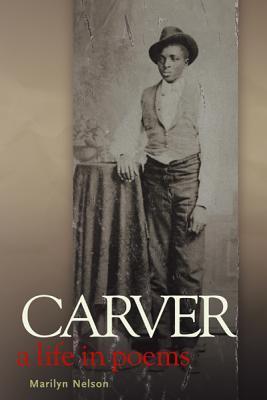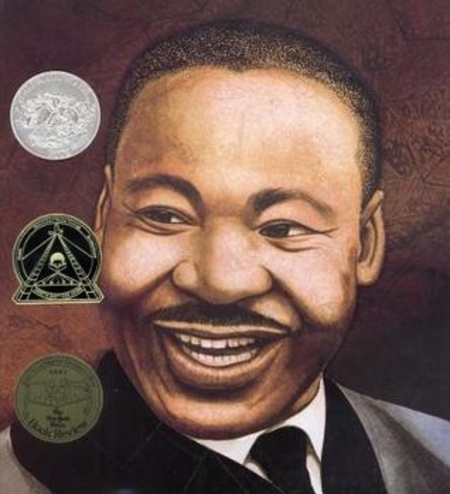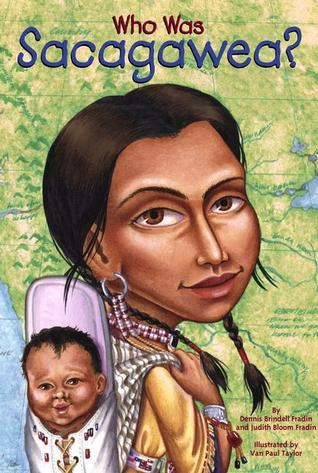
Carver: A Life in Poems
Book Description
A quiet genius rises from humble beginnings, transforming the world with his creativity and resilience. Through a tapestry of vibrant poems, Marilyn Nelson illuminates the extraordinary life of George Washington Carver—scientist, artist, and pioneer. Each verse captures his struggles against racial injustice and his relentless pursuit of knowledge. From the whispers of the soil to the bustling halls of academia, Carver's journey unfolds in breathtaking detail, revealing a man who changed agriculture and inspired generations. What happens when a single life ignites a movement towards sustainability and hope?
Quick Book Summary
“Carver: A Life in Poems” by Marilyn Nelson is a vivid, lyrical biography chronicling the life of George Washington Carver, one of America’s great scientific minds and resilient humanitarians. Through a sequence of evocative poems, Nelson reconstructs Carver’s remarkable journey from slavery to becoming a pioneering botanist, educator, and advocate for Black empowerment. The poems give voice to Carver himself, as well as those who knew him, painting a multifaceted portrait of a gentle genius who overcame racial discrimination and adversity. Nelson’s work not only traces Carver’s groundbreaking agricultural research, but also delves into his spiritual depth, creativity, and profound connection with nature. The result is a moving, accessible work for readers of all ages that celebrates curiosity, perseverance, and the transformative power of knowledge.
Summary of Key Ideas
Table of Contents
Overcoming Adversity and Racial Injustice
Marilyn Nelson’s collection opens with George Washington Carver’s early years in post-Civil War Missouri, casting light on his humble birth into slavery, his separation from his mother, and the uncertainties of his early life. Despite limited access to formal education, Carver’s curiosity propels him to read, observe nature, and seek knowledge at every opportunity. Nelson's poems humanize these formative experiences, showing how Carver cultivated a keen sense of observation and resilience in the face of social and economic obstacles.
The Intersection of Art, Science, and Spirituality
Carver’s lifelong struggle with racial prejudice is an underlying current throughout the collection. Nelson’s verses describe the challenges he endured on his educational path—enduring exclusion and prejudice at various institutions and towns. Still, Carver persisted, supported by a few key mentors and his own inner strength. His time at Simpson College and Iowa State University is depicted as transformative, not only academically but also in how he inspired others by both his steadfastness and talents in art and biology.
Impact on Agriculture and Sustainability
One of the collection’s most vibrant threads is Carver’s relationship with the natural world. Nelson captures his holistic view of science, blending observation with wonder, faith, and a deep compassion for the Earth. Through inventive language, the poems reveal Carver’s fascination with plants, soil, and sustainability. Readers witness his development of agricultural techniques—most notably crop rotation and the promotion of alternative crops like peanuts—which revolutionized farming in the American South. Nelson emphasizes how Carver’s innovations responded to both environmental needs and the well-being of poor farmers.
Community, Mentorship, and Legacy
Nelson moves beyond Carver’s scientific persona, exploring his multifaceted legacy as a teacher, artist, and community leader. The poems show how he mentored generations of Tuskegee students, instilling not just scientific rigor but humility and hope. Carver’s gentle nature, faith, and generosity of spirit stand out, helping others to realize their potential even amid oppression. His personal relationships are rendered through multiple narrative voices, unveiling both public triumphs and private moments of solitude and reflection.
Resilience and the Pursuit of Knowledge
“Carver: A Life in Poems” concludes by reflecting on the enduring impact of Carver’s life and work. Through Nelson’s vivid, compassionate poetry, readers come to appreciate not only his scientific achievements but also his radically humane philosophy. The collection invites readers to cherish curiosity, to use knowledge in service of others, and to persist in the face of injustice. Carver’s legacy is depicted as not only the transformation of agriculture but as a testament to the lasting power of resilience, creativity, and moral courage.
Download This Summary
Get a free PDF of this summary instantly — no email required.





